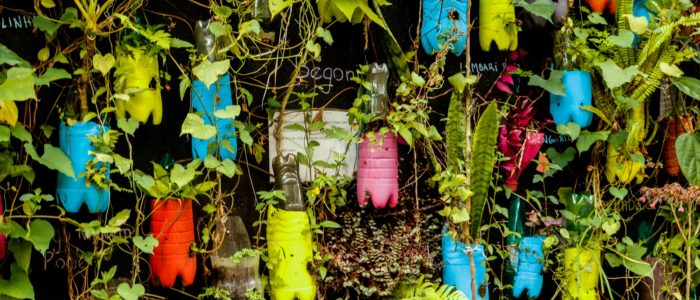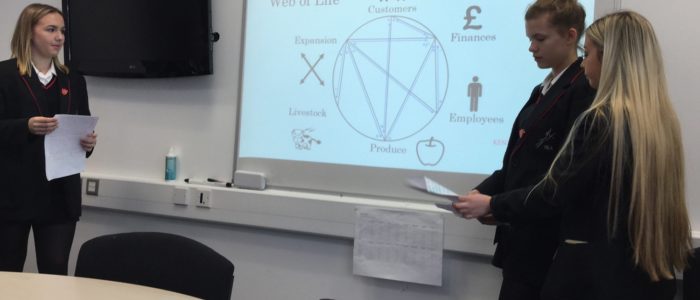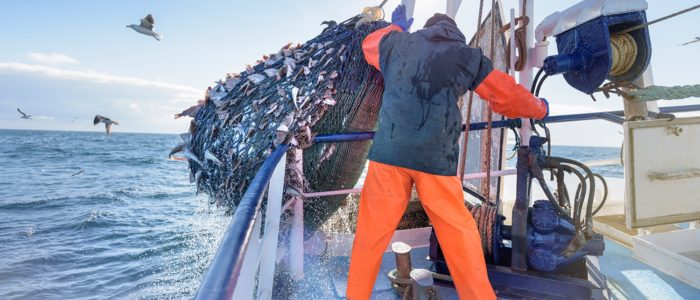Food production in Qatar is a challenge. Scarce water resources, infertile soil, a harsh climate and poor water management put serious constraints on agricultural production.
As a result about 90% of food consumed in Qatar is currently imported. This is an issue that the NXplorers at Dukhan English School wanted to explore further.
Although the trade deficit for food is paid for by the abundant gas reserves in the country, the NXplorers were concerned about the vulnerability of their food security. Global political and economic factors can have a major impact on the supply chain and lead to massive rises in the price of food - a situation that would be unsustainable for any length of time. In the event of a total breakdown of the food supply chain, the NXplorers discovered that Qatar has enough food reserves to feed Qatari citizens for just 90 days. The NXplorers programme was a great way to identify what could be done to bring about positive change.
The students split into groups and used the NXtoolkit to apply NXthinking and create ideas. How could they turn an arid, desert landscape into productive agricultural land? Was there a cheap and effective way of collecting clean water? Which fruits and vegetables are best suited to the Qatari climate?
The students were ambitious. They used the scenario planning quadrant tool to create a future scenario where Qatar was a self-sufficient food-producing nation, with at least one year of food reserves stored up. The feasibility funnel enabled them to work out which of their ideas for change would be manageable and get them started towards achieving their ambitious target.
The groups realised that their solutions were more powerful when they were combined. Selecting plants that were able to flourish with only a small amount of water for their market garden was critical. Working with design engineers they were also able to create a solar, floating desalination unit that used solar energy to collect clean water that could be used in the market garden. And finally, they designed a triangular polytunnel that uses the sun to evaporate seawater. Desalinated water condenses at the top of the polytunnel and runs down the sides to water the plants, leaving salt as a by-product that can be used elsewhere.
Having already made a positive start towards an improvement in one nexus challenge, the local community has since approached the NXplorers with another – how to encourage more people to use the local bus service. The NXplorers toolkit is being used once again as the students explore this new issue and work towards even more positive change.


